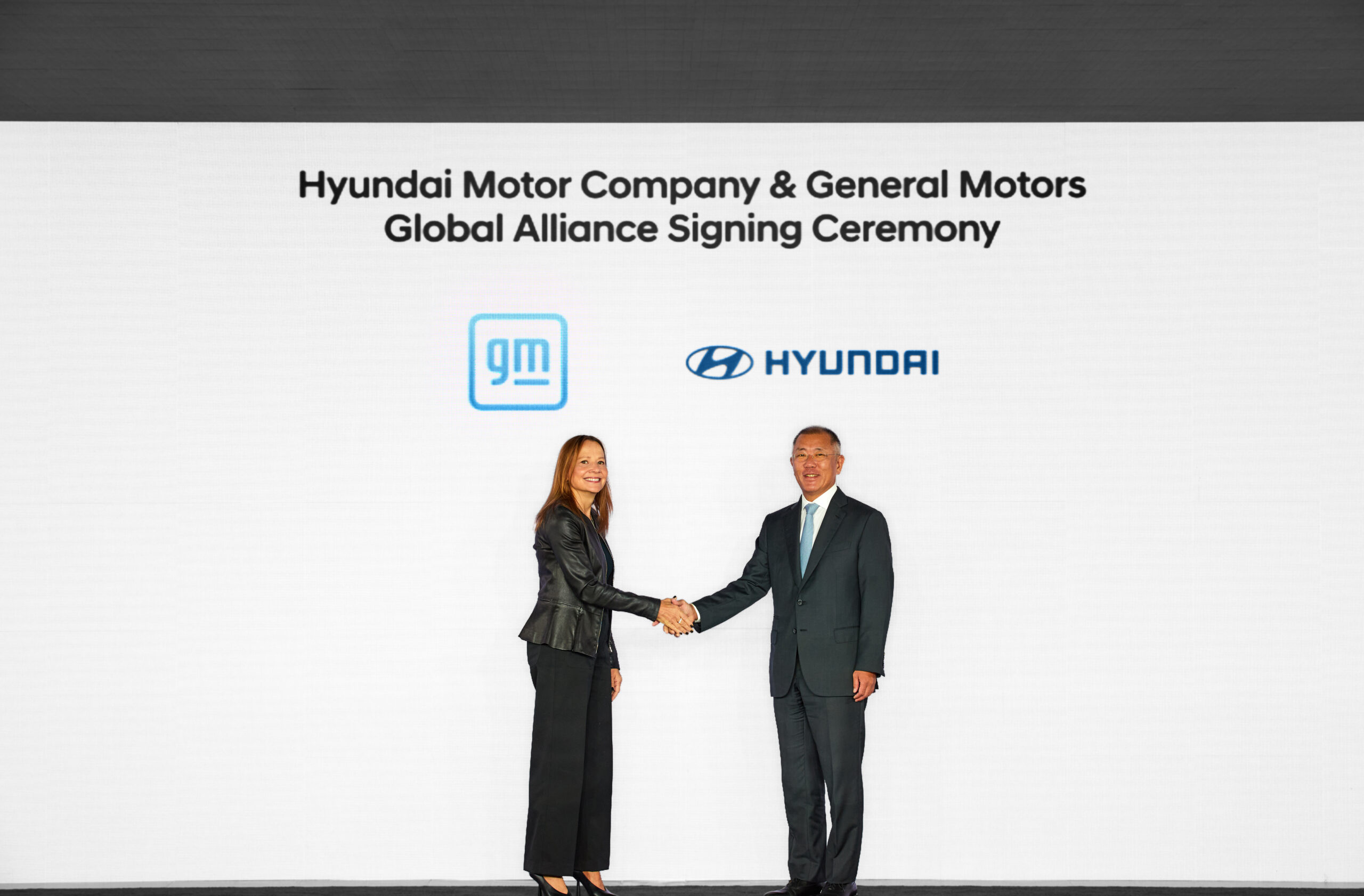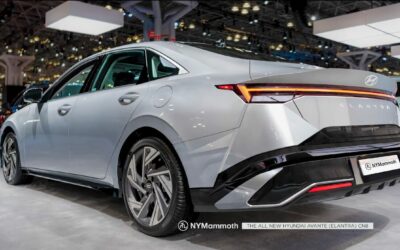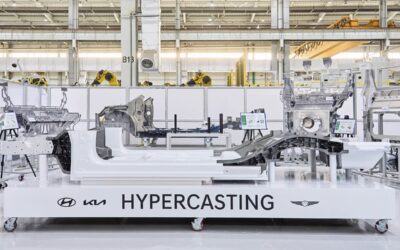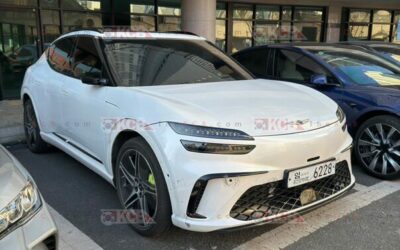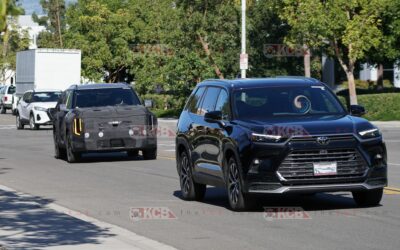General Motors (NYSE: GM) and Hyundai Motor Company (KRX: 005380 KS) have entered into a significant agreement to explore collaboration across various strategic areas in the automotive industry. The move brings together two of the world’s largest original equipment manufacturers (OEMs), with the potential to reshape vehicle development and clean-energy technology.
A Focus on Innovation and Efficiency
The partnership aims to leverage the complementary strengths of GM and Hyundai to deliver better vehicles and advanced technologies more quickly to the market. Both companies are set to explore ways to reduce costs and enhance efficiencies in vehicle production. According to the agreement, GM and Hyundai will collaborate on the co-development and production of both passenger and commercial vehicles. This includes working together on internal combustion engines as well as emerging technologies such as electric and hydrogen-powered vehicles.
Mary Barra, GM Chair and CEO, highlighted the synergy between the two companies, stating that the collaboration could drive efficiency in vehicle development. “GM and Hyundai have complementary strengths and talented teams. Our goal is to unlock the scale and creativity of both companies to deliver even more competitive vehicles to customers faster and more efficiently,” she said.
Exploring Clean-Energy Solutions
One of the key focus areas of the partnership will be the exploration of clean-energy technologies. As the automotive industry undergoes a significant transformation towards sustainability, the collaboration will allow both GM and Hyundai to make strides in electric and hydrogen vehicle development. The partnership could accelerate the deployment of new, innovative solutions to meet the rising global demand for clean and efficient transportation.
Euisun Chung, Executive Chair of Hyundai Motor Group, emphasized the potential for enhancing competitiveness and delivering stronger customer value. “This partnership will enable Hyundai Motor and GM to evaluate opportunities to enhance competitiveness in key markets and vehicle segments, as well as drive cost efficiencies and provide stronger customer value through our combined expertise and innovative technologies,” Chung stated.
Combined Sourcing and Supply Chain Opportunities
Another critical area for collaboration lies in sourcing essential materials such as battery raw materials and steel. GM and Hyundai will explore opportunities for joint sourcing, which could reduce supply chain costs and improve operational efficiency. With both automakers seeking to enhance their electric vehicle (EV) lineups, securing a stable and cost-effective supply of battery components and materials is crucial.
By pooling their resources, the two companies could strengthen their market positions and meet the increasing demand for EVs more effectively. The potential for collaboration on battery technology and hydrogen fuel cell advancements could give both GM and Hyundai a competitive edge in the race towards carbon neutrality.
Next Steps: From Agreement to Action
The signed agreement is a non-binding Memorandum of Understanding (MOU), which signals both companies’ intent to move forward with detailed assessments of the potential projects. The collaboration will focus on areas where both automakers can gain strategic advantages through shared capabilities and combined expertise.
The next phase of this partnership will involve moving towards binding agreements, which are expected to begin immediately following the MOU signing. As the collaboration progresses, both companies will work towards creating a stronger, more agile, and flexible approach to automotive innovation.
Conclusion
The strategic agreement between GM and Hyundai marks a significant step in the evolution of the global automotive industry. By working together, both automakers aim to bring vehicles to market faster, reduce costs, and lead the way in clean-energy solutions. This partnership has the potential to reshape the competitive landscape, enhancing customer value and accelerating progress towards a more sustainable future in mobility.

